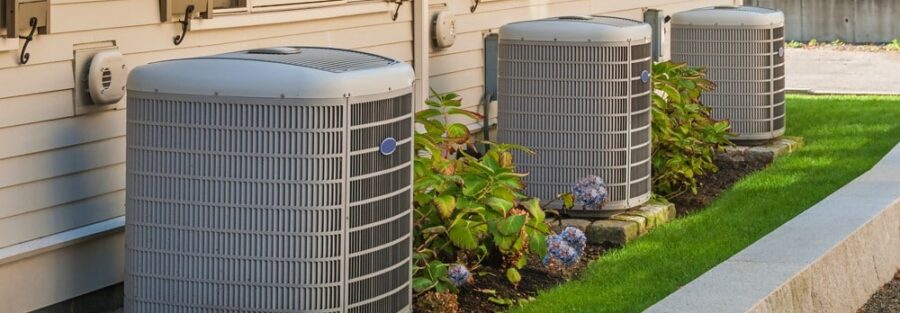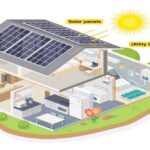Heating, ventilation, and air conditioning (HVAC) systems play a crucial role in maintaining indoor comfort, but they also account for a significant portion of global energy consumption. With the push for sustainability and energy efficiency, engineers are designing innovative HVAC solutions that reduce energy use while maintaining optimal performance. This guide explores the key strategies and technologies driving energy-efficient HVAC systems.
1. Smart HVAC Controls and Automation
Modern HVAC systems leverage smart sensors, AI, and IoT to optimize performance based on real-time data. These intelligent systems adjust heating, cooling, and ventilation dynamically to improve energy efficiency.
Key Technologies:
- Smart thermostats with AI-driven temperature regulation
- IoT-enabled HVAC monitoring for predictive maintenance
- Automated zoning systems for customized climate control
2. High-Efficiency HVAC Equipment
Energy-efficient HVAC equipment is designed to consume less power while delivering superior performance. Engineers are integrating advanced compressors, heat exchangers, and variable-speed motors to enhance efficiency.
Key Innovations:
- Variable Refrigerant Flow (VRF) systems for precise climate control
- High-efficiency heat pumps for year-round heating and cooling
- Advanced air filtration systems that reduce energy-intensive ventilation loads
3. Renewable Energy Integration
Integrating renewable energy sources into HVAC systems reduces reliance on conventional power grids and lowers carbon footprints. Solar-powered and geothermal HVAC solutions are becoming increasingly viable.
Key Implementations:
- Solar-assisted HVAC systems for sustainable cooling
- Geothermal heat pumps utilizing stable underground temperatures
- Hybrid HVAC systems combining renewable energy with traditional sources
4. Improved Building Insulation and Ventilation
Energy-efficient HVAC systems go beyond equipment—effective insulation and ventilation strategies significantly reduce energy consumption.
Best Practices:
- High-performance insulation materials to minimize heat loss/gain
- Energy recovery ventilation (ERV) systems to improve air quality with minimal energy loss
- Smart window glazing and shading techniques to regulate indoor temperatures
5. Advanced Refrigerants and Sustainability
The choice of refrigerants greatly impacts HVAC efficiency and environmental sustainability. Engineers are adopting low-GWP (Global Warming Potential) refrigerants and improving refrigerant management techniques.
Emerging Trends:
- Adoption of eco-friendly refrigerants like R-32 and R-1234yf
- Phase-out of ozone-depleting substances in compliance with environmental regulations
- Enhanced refrigerant leak detection systems to minimize losses
6. The Role of Engineers in Sustainable HVAC Design
Engineers play a pivotal role in developing and implementing energy-efficient HVAC solutions. From selecting the right equipment to integrating renewable energy, their expertise drives innovation in sustainable climate control systems.
Future Trends in Energy-Efficient HVAC:
- AI-powered HVAC optimization for real-time energy savings
- Thermal energy storage systems for peak load management
- District heating and cooling networks for large-scale efficiency
Conclusion
Energy-efficient HVAC systems are essential for reducing energy consumption, lowering costs, and promoting sustainability. By leveraging smart controls, high-efficiency equipment, renewable energy, and improved insulation techniques, engineers can design HVAC solutions that align with modern energy-saving goals.
Stay Informed on HVAC Innovations
For the latest insights on HVAC engineering and energy efficiency trends, follow our blog and stay ahead of industry advancements.




